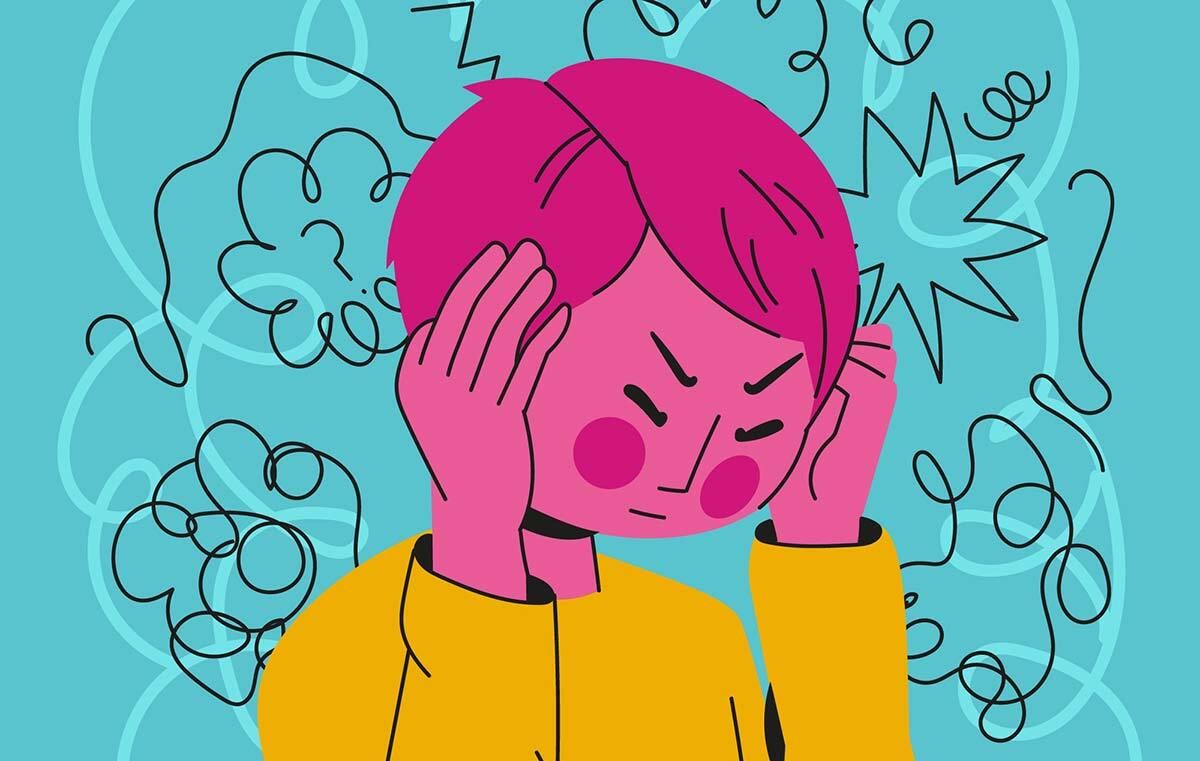Dealing with pressure during puberty

Puberty is often a sensitive period, where significant physical changes to the body are accompanied by intense psychological and emotional changes as young people transition from childhood to adulthood during puberty. During this time, most adolescents experience pressures that not only affect their mental health, but can also impact their self-esteem, relationships and academic performances. These pressures can include:
Physical pressures such as the initiation of menstruation and the development of body odour, acne and growth spurts.
Emotional pressures, due to hormonal changes, such as mood changes, confusion, and self-discovery.
Social pressures such as fitting into friend groups, changes in interests leading to changes in friendship, developing romantic interests and cyber-bullying. Academic and career pressures can also develop during this time.
Nowadays, these situations are amplified with the presence of social media and often become overwhelming to young people. However, learning to navigate these situations are essential for healthy personal development.
If you or another young person you know are experiencing pressures during puberty, the following steps can help.
Identify the sources of your pressure – are they internal pressures you are putting on yourself? Or is the pressure coming from outside? From family? Friends? Or even society at large?
Speak to a trusted adult – a parent, guardian or even a teacher can help provide a safe space for you to freely express your concerns and seek guidance.
Develop emotional resilience – this means recognizing and accepting your feelings without judgment. This is one of the most effective ways to deal with pressure during puberty, but it doesn’t happen overnight. Journaling, meditation and mindfulness, are useful ways to help process emotions and gain clarity.
Develop self-compassion – even when you feel inadequate or you make mistakes, learn to treat yourself with kindness. Affirmations and positive thinking can help reinforce this healthy attitude.
Have a strong support system – find friends and family members who are empathetic, encouraging and inclusive.
Attend programs and workshops that will teach you coping skills, emotional intelligence, stress management, and caring for your mental health.
Set boundaries – It is important to say no to situations you are not comfortable with such as when feeling pressure to partake in risky behaviours (e.g. consuming alcohol or illicit substances, or smoking).
If you are a parent of a young person experiencing pressure during puberty, the following steps can help.
Develop a good relationship with your adolescent by creating a safe space for open communication and by validating their feelings.
Check on your child’s surroundings – speak to their school administration to ensure they create an environment that prioritizes their mental health.
Encourage your child to attend programs that teach coping skills, emotional intelligence and stress management – all skills that will also help them in adulthood.
Encourage hobbies that provide a sense of purpose and joy (e.g. art, music and sports) – these activities release stress and helps adolescents discover strengths and passions.
Puberty is a time of growth, exploration, and self-discovery. While pressure is inevitable, it doesn’t have to be paralyzing. It can be difficult to initiate a conversation or find a safe space to discuss concerns, but it is crucial in ensuring young people are empowered to thrive, and not just survive, during puberty. To seek help, visit the Alokaya Counselling Centre at 37/27, Bullers Lane, Colombo-07, Sri Lanka or call on +94779895252.
.png)



